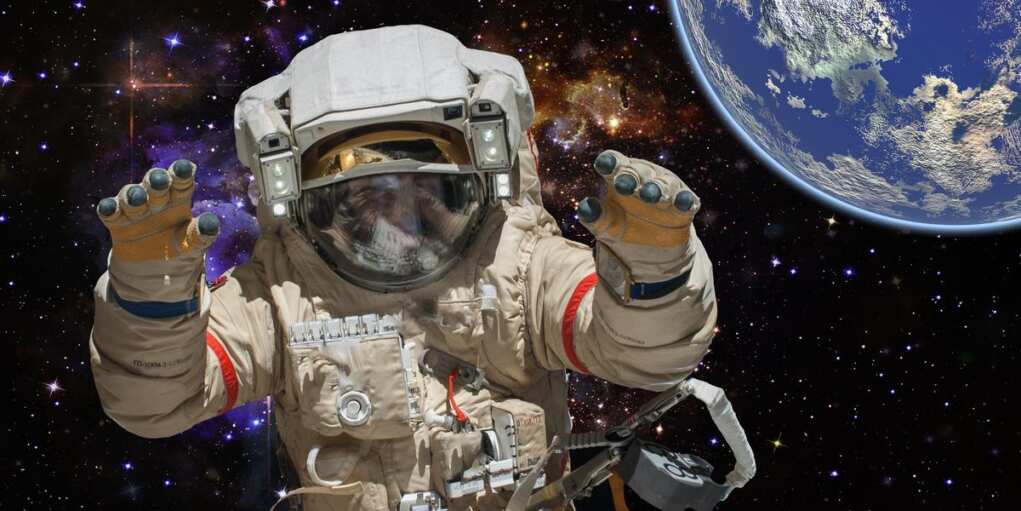Stranded Astronauts Thank Trump and Musk After 9-Month Space Rescue

Two NASA astronauts stranded aboard the International Space Station for more than nine months returned to Earth with powerful words of gratitude for Donald Trump and Elon Musk. Originally scheduled for an eight-day mission, the astronauts were left floating in orbit after Boeing’s Starliner capsule failed. It was SpaceX—and the Trump administration—that ultimately got them home safely.
In their first interview since splashdown, astronauts Butch Wilmore and Suni Williams opened up about the ordeal, their mindset during the extended stay in space, and the leadership that brought them back.
“My first thought was we’ve just got to pivot,” Williams said, recalling the moment they learned they weren’t coming back as planned. “Let’s make the best of it.”
Despite the unexpected duration, Williams said she tried to focus on the positives—scientific discoveries, changes to the ISS, and the honor of simply being part of America’s space legacy.
But behind the scenes, politics interfered with what could have been an earlier return. Musk had reportedly offered assistance months ago, but the Biden White House turned it down—according to Musk himself—because of “political reasons.” The administration was allegedly unwilling to give a win to either Musk or Trump, even at the expense of two American heroes stuck in orbit.
President Trump, however, made their return a priority. Once given the green light, Musk and SpaceX executed a flawless rescue mission using the Dragon spacecraft, finally bringing Wilmore and Williams home.
On Monday, Wilmore didn’t mince words when asked how he felt about the people who made their rescue possible.
“I respect you, I trust you. You’ve given me no reason not to trust you—either one of them,” he said, addressing both Trump and Musk.
He continued: “I am grateful that our national leaders actually are coming in and taking part in our human spaceflight program… it’s not just refreshing, it’s empowering. It’s strengthening for our nation. I think it’s a good thing for our nation when the national leaders, especially something that’s high visibility, are involved in the process.”
Williams echoed that sentiment, noting the personal toll but praising the dedication of the mission team and support from above.
While some might dismiss the extended mission as just another bureaucratic mishap, Musk was blunt in laying blame. “SpaceX could have sent up another Dragon and brought them home six months ago,” he wrote in early March. “But the Biden White House (not NASA) refused to allow it.”
The Starliner debacle stands as a stark contrast to SpaceX’s operational reliability—and it marks another black eye for Boeing, which has struggled for years to get its space program off the ground. Meanwhile, Musk’s DOGE initiative under the Trump administration continues to expose waste and mismanagement across the federal bureaucracy.
Wilmore, a decorated Navy test pilot, offered a sobering look at what it means to put duty first—even in space. “We don’t know what’s going to happen. We might not be back in eight days or whatever the plan was. Focus on that, focus on the mission.”
Despite nine months without gravity, both astronauts appeared healthy and composed—clearly relieved to be back on Earth, and clearly grateful to the leaders who brought them there.
Their message wasn’t just about the mission—it was about trust. And their message was clear: when the chips are down, Trump and Musk deliver.

